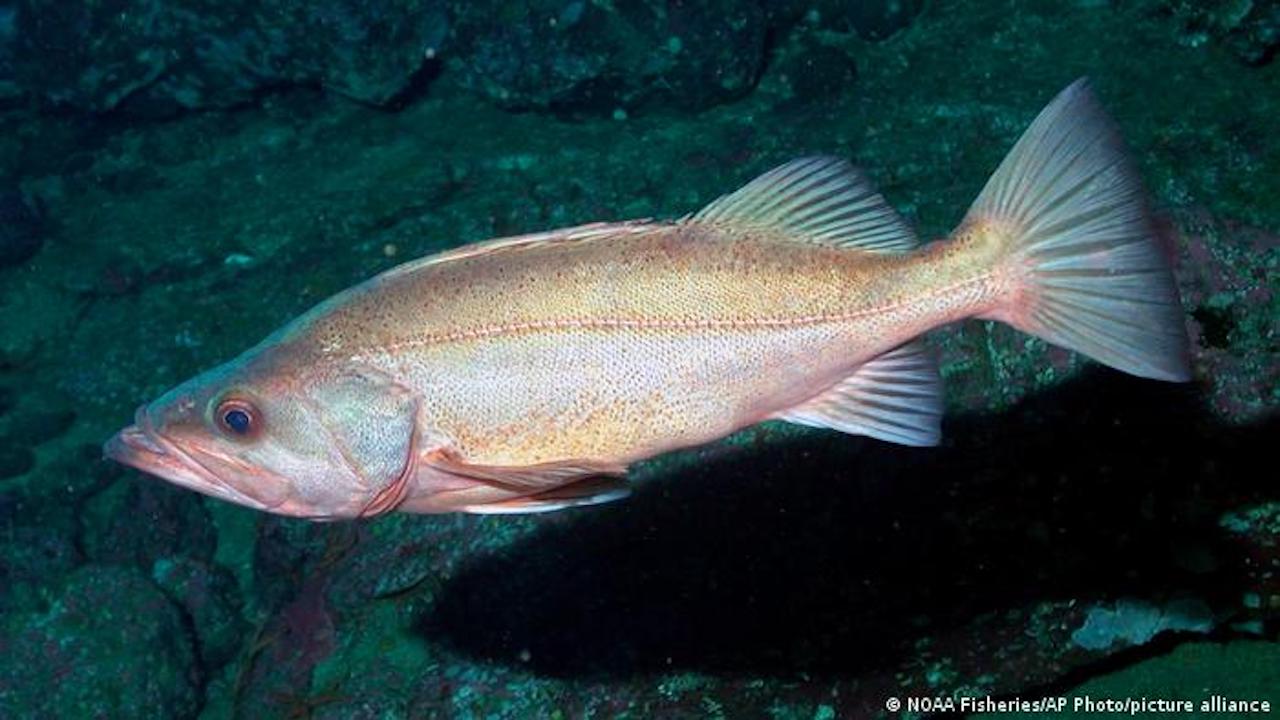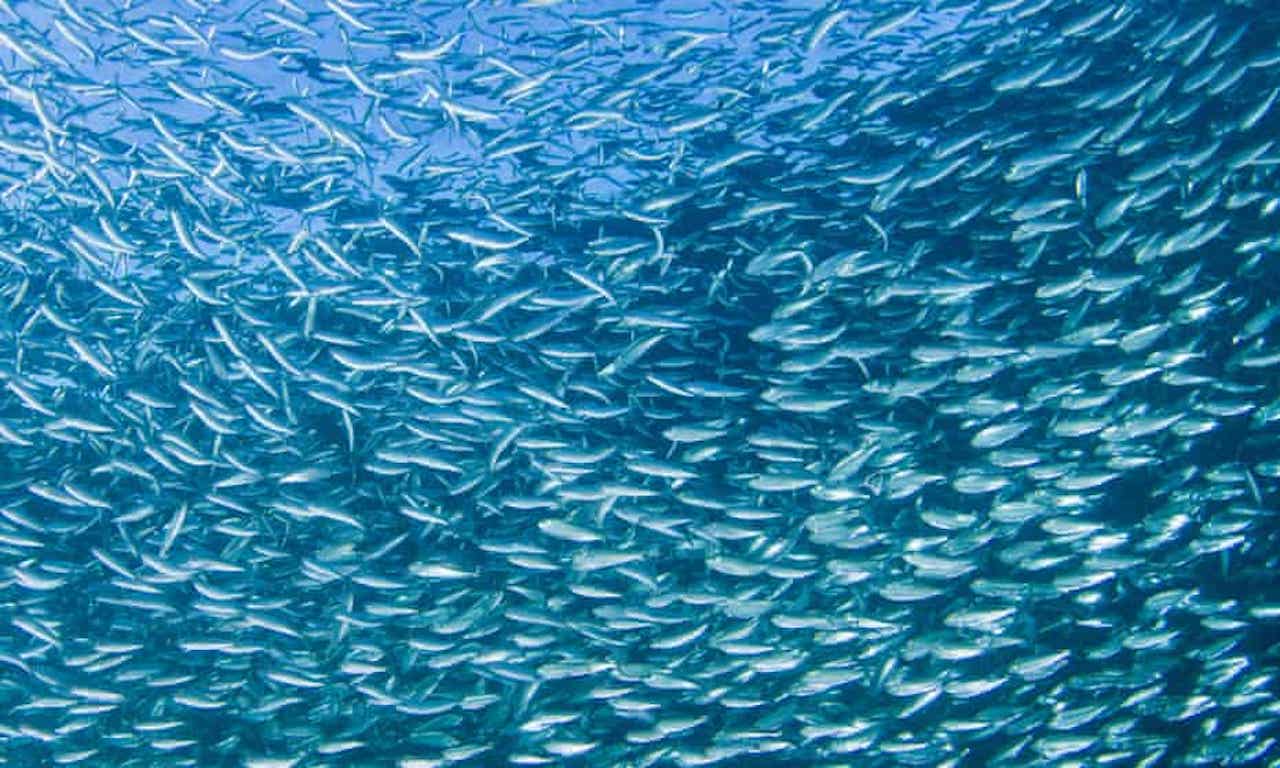Ugly Fish Needs Your Help – It’s More Likely to be Endangered
According to French scientists, the reef fishes that are thought to be ‘ugly’ by people are at high risk of extinction compared to their pretty counterparts due to a lack of public support

Image: NOAA Fisheries
Let’s just face it, we humans don’t want anyone to judge us by our looks but we do so for others. Now just on the land but our beauty bias also extends to the oceans. Don’t believe us? Well, a new study from the University of Montpellier in France proves that right. According to the study, the reef fish, which is considered ‘ugly’ by most people in the world is most likely to be endangered than its ‘pretty’ counterparts. It is because no one cares to conserve these ugly fishes!
The study says that people are more willing to protect beautiful-looking fish over ugly ones. But what is an attractive fish according to most people? The results state that humans find colorful, bright fishes with rounded bodies very beautiful. Even the fishing rules lean in the favor of attractive fishes. So, people are most likely to catch ugly mates and don’t mind eating them – as they are not pretty enough!

Image: The Guardian
But this behavior has led to largely declining numbers of the ‘ugly’ fishes, as no one is rooting for them for conservation. Therefore, scientists involved in the study are requesting people to better conserve these endangered fishes that are less appealing to look at. Otherwise, soon these fishes might become extinct.
Another major reason to protect them is that these ugly reef fishes play a significant role in helping the coral reef biodiversity. Hence, losing them would cause catastrophic consequences to the whole ecosystem.
It’s high time that we come out in support of the fish that we don’t find much attractive. Besides, a species shouldn’t be saved for its looks, it should be conserved because it is a part of the biodiversity and must be kept safe for the ecological balance.
The researchers are also planning for campaigns to collectively reduce the impact of human perception biases via better public communication, conservation groups, and policy making.
Via: The Guardian


